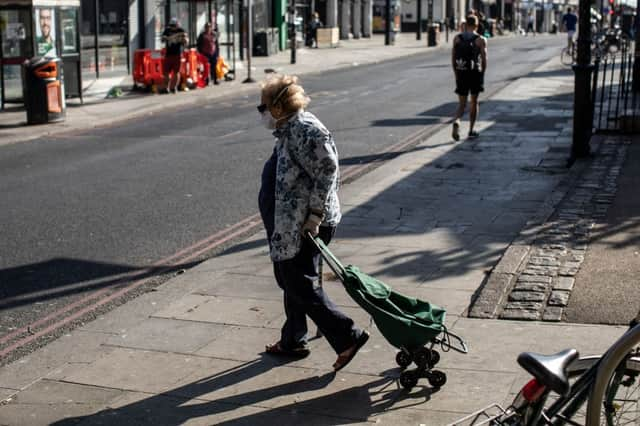Here's what lockdown changes mean for shielders, and whether employees can return to work


Roughly ten weeks after the government’s insistence that 1.5 million of the UK's most vulnerable people should "shield" in self-isolation for a minimum of 12 weeks, those same people are now allowed outside in England.
This means that in England, people who are shielding can now leave their home if they wish, “as long as they are able to maintain strict social distancing.”
Advertisement
Hide AdAdvertisement
Hide AdShielding is a means of protecting society's "extremely vulnerable" from contracting Covid-19.
Those categorised as vulnerable because of an underlying health condition should have received written communication from their GP practice or specialist on how best to protect themselves in March.
Those affected were advised to stay at home at all times and avoid any face-to-face contact for a period of at least 12 weeks from the day they received their letter.
But what does it mean for shielding employees? Will they have to go back to work now?
Here’s everything you need to know:
What do the changes in England mean?
In England, changes come into force today (1 June).
Advertisement
Hide AdAdvertisement
Hide Ad“People who are shielding remain vulnerable and should continue to take precautions but can now leave their home if they wish, as long as they are able to maintain strict social distancing,” say the Government.
“If you choose to spend time outdoors, this can be with members of your own household.
“If you live alone, you can spend time outdoors with one person from another household. Ideally, this should be the same person each time. If you do go out, you should take extra care to minimise contact with others by keeping 2 metres apart. This guidance will be kept under regular review.”
More information on English shielding measures can be found here